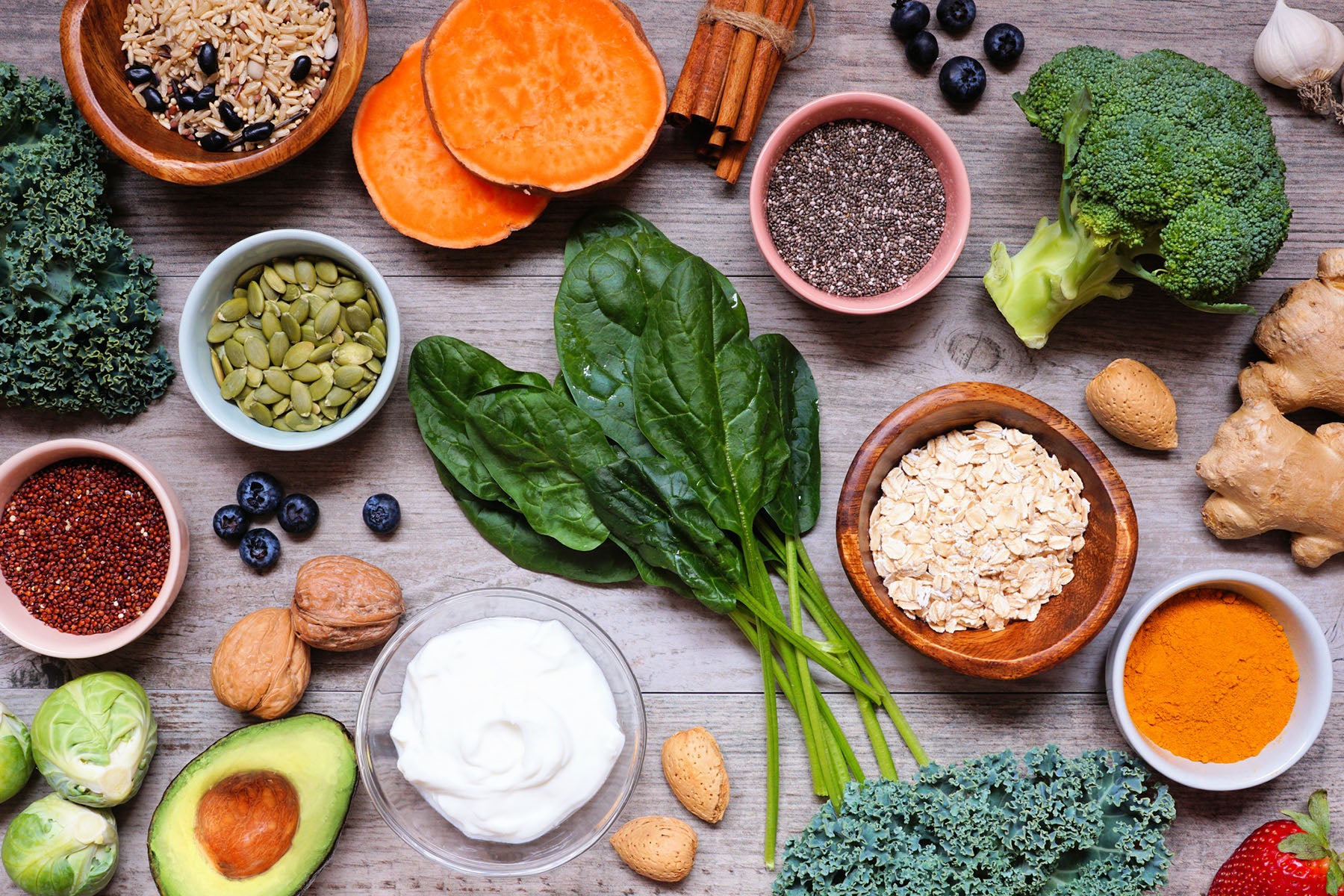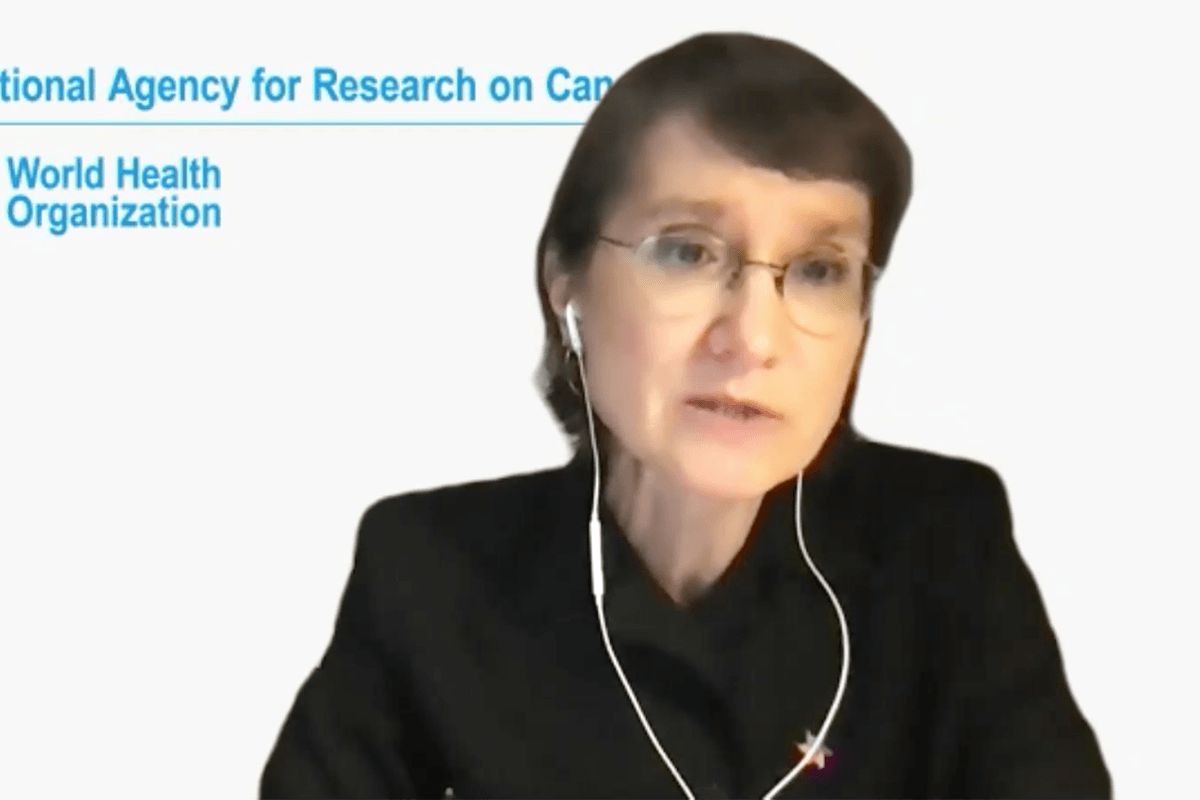Carnivore diet a ‘terrible idea’
Some social media influencers are promoting a so-called “carnivore diet” made up almost entirely of animal products such as beef, butter, and eggs.

Ultra-processed foods may increase risk of depression
Eating high amounts of ultra-processed foods may increase the risk of developing depression, according to a new study co-authored by researchers at Harvard Chan School.
Lifestyle changes may be driving higher cancer rates in people under 50
Cancers are on the rise among people younger than 50, and experts think that lifestyle changes may have something to do with it—although data is not firm.

Sugar-sweetened beverages linked with increased risk of premature death for people with type 2 diabetes
High consumption of sugar-sweetened beverages was associated with an elevated risk of premature death and incidence of cardiovascular disease among people with type 2 diabetes, according to a new study led by researchers at Harvard Chan School. Drinking…

Plant-based low-carbohydrate diet linked with lower risk of premature death for people with type 2 diabetes
Following a low-carbohydrate diet comprised primarily of plant-based foods was significantly associated with lower risk of premature death among people with type 2 diabetes, according to a new study led by researchers at Harvard Chan School.

Alzheimer's disease causes, treatments examined at JBL Symposium
Experts discussed some of the latest research on Alzheimer’s causes and potential treatments at the the 25th annual John B. Little Symposium.

Ultra-processed foods are recipe for poorer health
Diets high in ultra-processed foods, such as sugary cereal and some frozen dinners and luncheon meats, have been linked to increased risk of obesity and chronic disease.

Improving the Mexican diet
Alan Espinosa, SM ’22, is pursuing research into how food and lifestyle changes might improve health outcomes in Mexico.

COVID-19 pandemic illuminates need to tackle obesity
People with obesity who catch COVID-19 are more likely to be admitted to the hospital and to die from the disease than those at lower weights, evidence suggests.

A primer on the ‘encyclopedia of carcinogens’
At the Cutter lecture, Elisabete Weiderpass, director of the World Health Organization’s International Agency for Research on Cancer, discussed the agency's evaluations of data on potentially cancer-causing agents.
